Got a big shoot coming up? Not sure how to prepare? Worried you’ll overlook one small-yet-vital detail that will ultimately send your set plunging into complete chaos and disorder?
Geez, relax would ya! Because to help you cover ALL of your bases, we have the ultimate pre-production checklist at your service!
Familiarize Yourself with Your Set
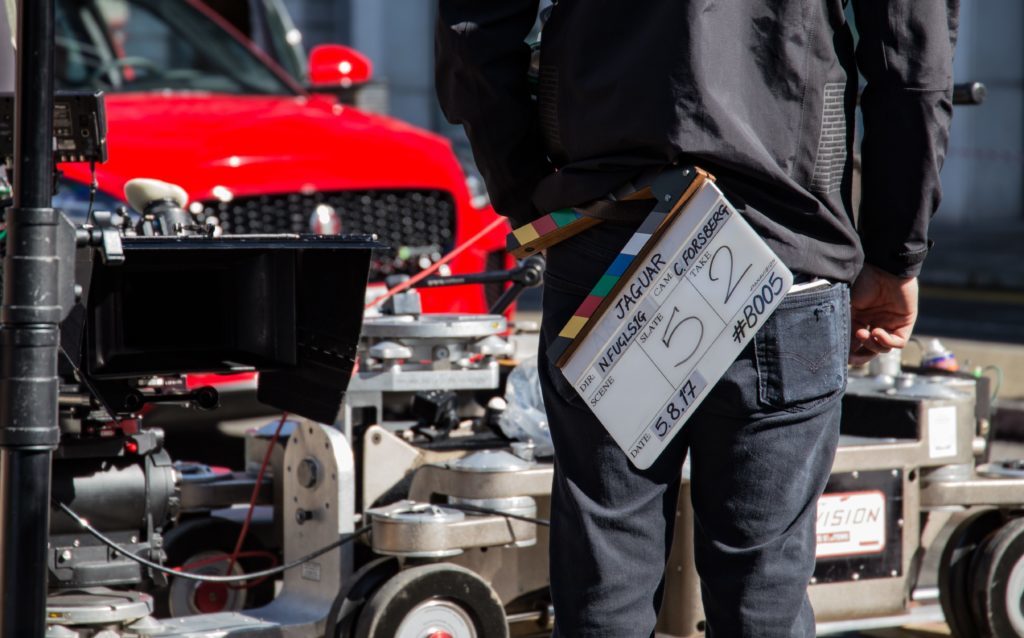
A few days before your shoot, swing by your set to take some photos and shoot a few minutes of footage to get a sense of what kind of lighting and sound equipment you’ll need on the big day. El importante: if you’re shooting outdoors, be sure to do this at the exact same time of the day that you’ll be shooting because, well, you know, the sun and stuff.
Create an Equipment Checklist

Now that you’re up to speed on what you’ll need, it’s time to make a checklist. This should include anything from the technical (cameras, lenses, lav mics) to the big, bulky, and extremely annoying to carry (booms poles, tripods, light reflectors). Checklists like these are also great for helping you keep tabs on your equipment while you’re on set and making sure you don’t leave any items behind.
Get Those Lines DOWN!

Another thing you should try and tick off a few days out from your shoot is a quick, informal script reading. Yes, these rehearsals can be a bitch to coordinate. But trust me, they more than makeup for it by a) giving your actors a chance to feel out their role, and b) shaving minutes off your precious shooting time.
Brush Up on Those Filmmaking Hacks!
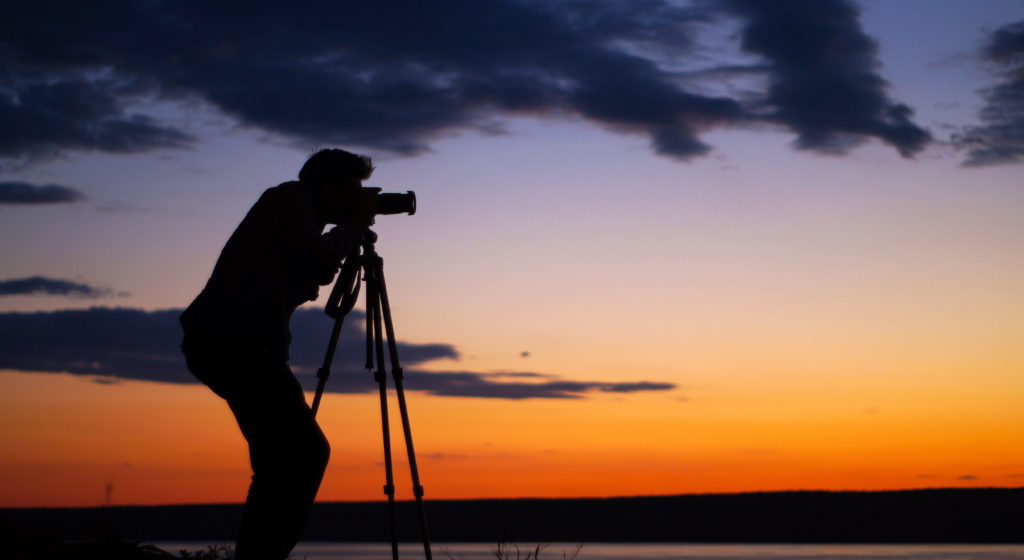
Thanks to the Internet’s plethora of production tutorials, it’s never been easier to pump your brain full of filmmaking hacks. Before your shoot, be sure to carve out at least one hour for brushing up on any area you’re not feeling 100% confident about. Not only will these tutorials help speed up your on-set workflow, they’ll also make you look like a total pro on set.
Create a Shooting Schedule
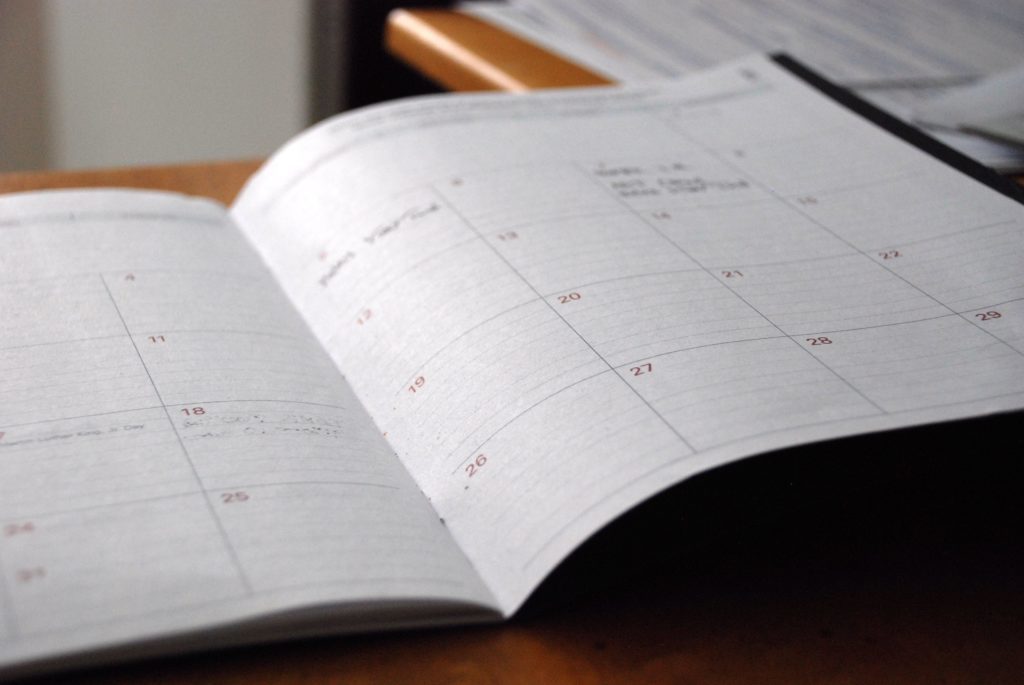
Shooting schedules are an essential tool for helping you budget your time and staying on track. They’re also useful in a crisis. Say you’re running out of time on set and need to cut a shot, a shooting schedule will help you quickly pinpoint which angle(s) you can do without. If you’ve never made one, this free shooting schedule template should do the trick.
Account for Extra Time

Murphy’s Law loves the film industry. Name anything that could go wrong, and there’s a 75% chance it will go wrong. Technical glitches, drained batteries, incompetent crew members, rain, hail, snow, police sirens blaring in the background, and totally killing your sound. The best way to handle these curveballs? Account for them in your shooting schedule with extra time.
Account for Flakers
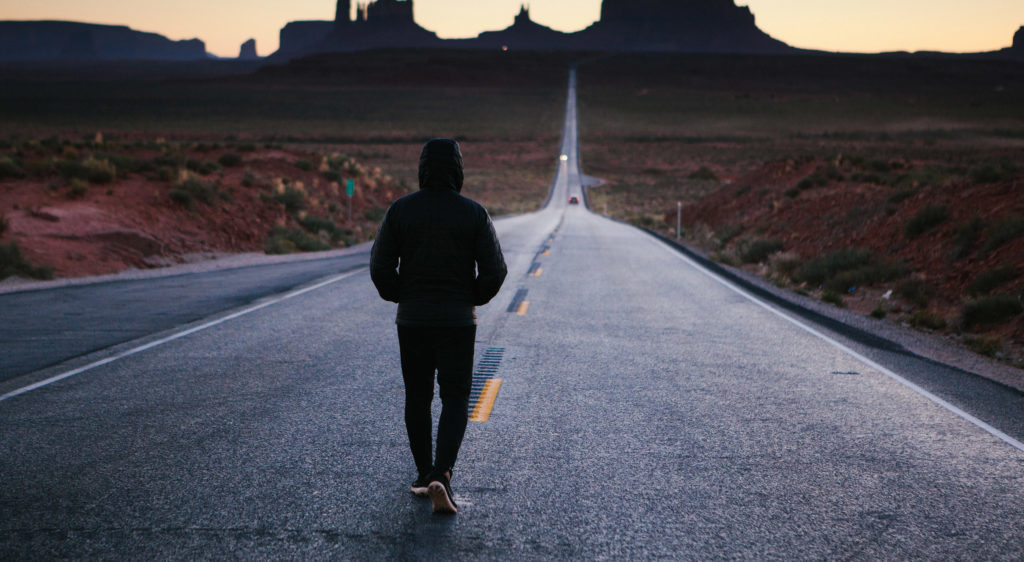
If possible, arrange backup cast and crew members to have on call in case anyone in your cast or crew flakes at the last minute. This is an especially important to-do list item for anyone running an unpaid shoot where, according to the Department of Labor, the last-minute bail rate currently sits at 100-150%.
Charge and Check EVERYTHING
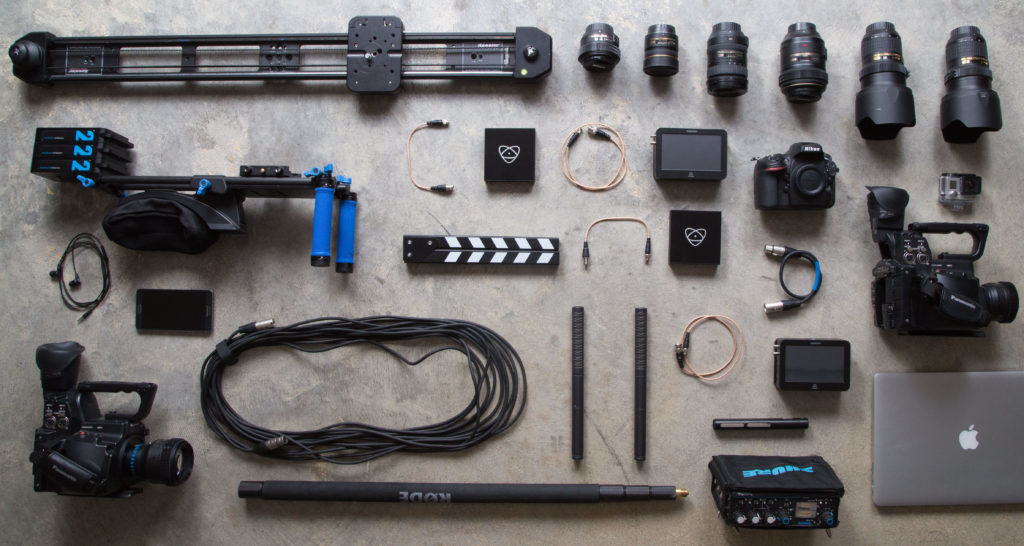
The night before your shoot, do a quick sweep of your equipment and make sure all of your batteries are charged, your camera lenses are clean, and all of your equipment is functioning as it should.
Bring Extra Copies of the Script!

Self-explanatory. Duh.
Make a Plan B

In the event that your set gets rained out or taken over by an army fire ants, it’s always good to have a backup plan in place. Are there other scenes you could film that day instead? Okay, great. Make sure you have the necessary equipment and crew in case it comes to that.
Let. Them. Eat.

While no one’s expecting you to roll out a lavish buffet of pesto pasta salads and sheet cake (hmm…but that sheet cake would be pretty nice though), you should at least aim to provide bottled water and an assortment of snacks—especially for any shoots running over two hours. A well-fed crew is a happy crew!
Well, there you have it! Now it’s time to go forth and make that movie!
And for anyone who’s still suffering from those pre-production butterflies, be sure to check out our post on the Common Mistakes Made By Beginner Filmmakers.



























